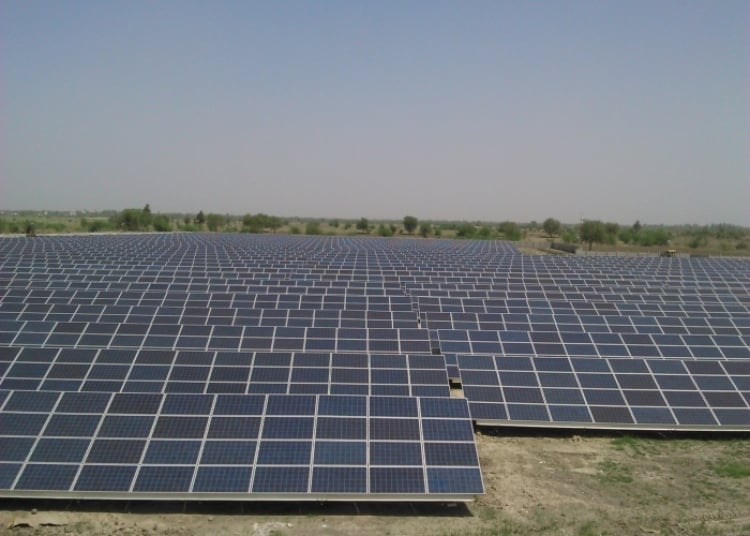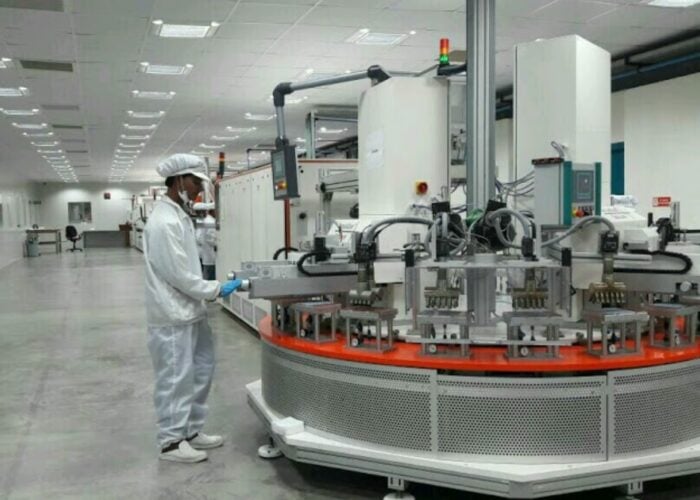
A number of solar module manufacturers have reportedly bid for financial incentives offered by the Indian government to expand domestic manufacturing of solar panels.
According to multiple media outlets, including Bloomberg, several companies submitted the bid, such as conglomerate Reliance Industries, integrated power company Tata Power, US based solar panel manufacturer First Solar, Indian power company JSW Energy, green energy developer Avaada Group, and renewable energy company ReNew Energy Global, among others.
Try Premium for just $1
- Full premium access for the first month at only $1
- Converts to an annual rate after 30 days unless cancelled
- Cancel anytime during the trial period
Premium Benefits
- Expert industry analysis and interviews
- Digital access to PV Tech Power journal
- Exclusive event discounts
Or get the full Premium subscription right away
Or continue reading this article for free
However, it was reported that conglomerate Adani Group did not join the bid.
According to the PLI guidelines, the successful solar PV module manufacturer will be required to set up manufacturing capacities on GW scale for high efficiency solar PV modules. Such a move is designed to promote the manufacturing of high efficiency solar PV modules in India and reduce dependence in the area of renewable energy.
The Indian government allocated INR195 billion (US$ 2.4 billion) for this latest phase of the incentive.
Also, of the total allocated amount of money for the scheme, the biggest part, worth INR120 billion, was assigned to manufacturing polysilicon, wafers, solar cells, and modules or thin film plants. The second part, worth INR 45 billion, involved the manufacturing of wafers, solar cells and modules. The last part, worth INR 30 billion, only contained the manufacturing of solar cells and modules.
Previously, PV Tech reported that India needed to issue more renewable energy tenders if it is to meet the government’s target of 450GW of installed capacity by 2030, as the changing preferences of distribution companies have seen less uptake, and states have been inconsistent in fulfilling purchase obligations.
According to a joint report from JMK Research & Analysis (JMK) and the Institute for Energy Economics and Financial Analysis (IEEFA), 2022 saw 28GW of renewable energy tenders issued in India, falling from 40GW in 2019.






